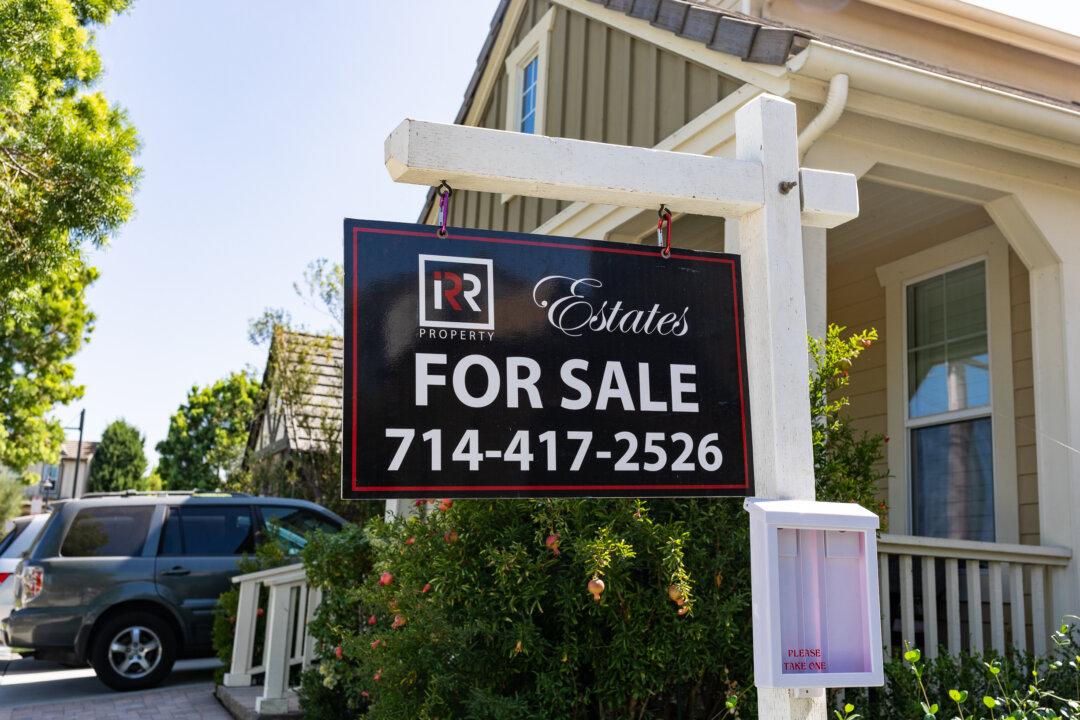Under a new law, California homeowners starting next year can sell accessory dwelling units (ADUs) that are built on their property as condominiums, as state lawmakers strive to increase affordable homes in the state.
Assembly Bill 1033, authored by Assemblyman Phil Ting (D–San Francisco), was signed by Gov. Gavin Newsom Oct. 11 and allows cities to adopt a local ordinance that permits the sale of an ADU separate from the primary residence. Prior law only allowed ADUs built by qualifying nonprofits to be sold separately, and only for those earning what’s considered low-income, or below 80 percent of the median area income.





